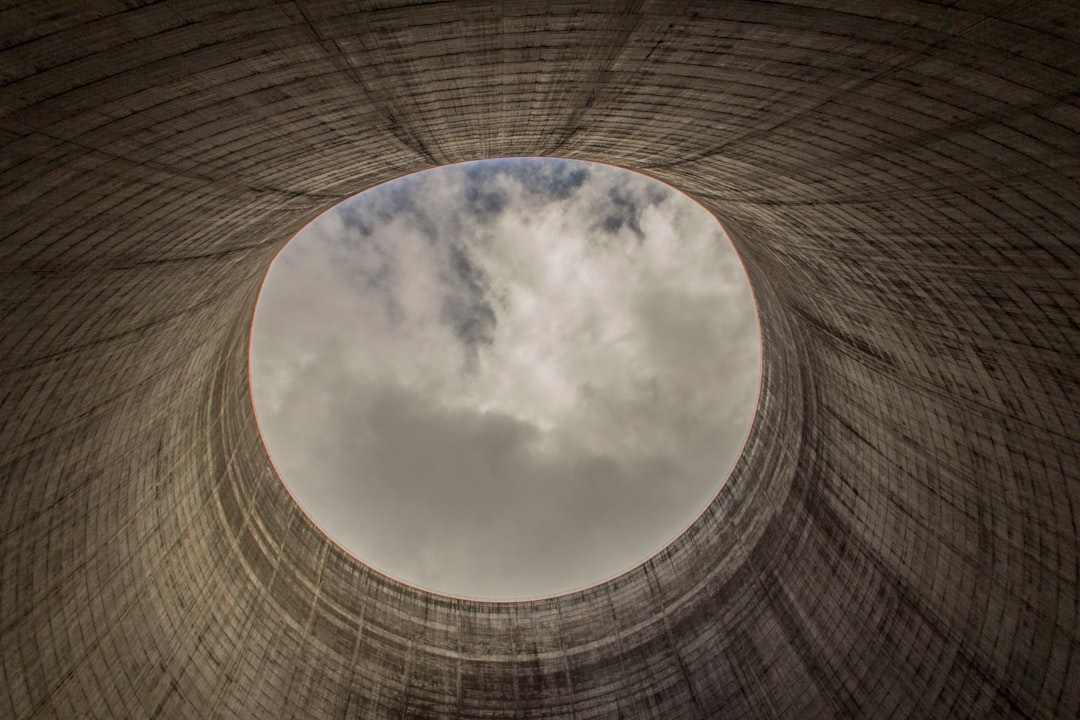- R&D
- Posts
- 3 Things Daily - Brazil's Zero-Deficit Goal, Safe Havens and ECB Remains Cautious
3 Things Daily - Brazil's Zero-Deficit Goal, Safe Havens and ECB Remains Cautious
In today's edition, we explore the complex factors influencing worldwide financial markets. Finance Minister Fernando Haddad's efforts...

Hi there,
In today's edition, we explore the complex factors influencing worldwide financial markets. Finance Minister Fernando Haddad's efforts to uphold a zero-deficit target this year are drawing attention. While the dollar has frequently been seen as a refuge since Covid-19 began, the Japanese yen and the Swiss franc remain preferred choices as classic safe-haven currencies. Luis de Guindos, Vice President of the European Central Bank, has voiced worries about the euro-zone economy, indicating a possible downturn and alluding to a technical recession by the end of 2023.
Matheus Zani & Daniel Porto
R&D Featured Article
Nuclear energy FDI and a new world order

Nuclear energy is experiencing a resurgence globally, driven by climate concerns, energy security issues, and geopolitical factors. Countries, including the UK, France, China, and the US, are ramping up their nuclear efforts. However, the upfront costs and licensing challenges make it challenging for many nations to pursue nuclear programs independently. Russia and China emerge as major technology and financing providers, forming strategic partnerships in emerging markets such as Bangladesh, Egypt, and Turkey. While Western nations prefer aligning with EU and G7 partners, Russia and China's attractive financing options and geopolitical strategies dominate the nuclear landscape. The state-backed nature of nuclear projects in developing markets underscores the importance of securing cost-effective solutions and long-term relationships. As the world reevaluates its energy landscape, the influence of key players in nuclear energy may significantly shape the global geopolitical scenario by 2063.
1. Brazil: Government's Zero-Deficit Goal Faces Senate Scrutiny Amidst Taxation Challenges
Finance Minister Fernando Haddad's strategy to maintain a zero-deficit goal this year is under scrutiny. Senate leader Rodrigo Pacheco plans to confer with party heads about a Finance Ministry proposal to gradually reintroduce payroll taxes. This comes after lawmakers defied President Luiz Inacio Lula da Silva’s veto on an exemption. Local media suggests Pacheco is urged to oppose this proposal. Although Haddad won't be present at the meeting, he's reportedly in talks with Congress regarding this bill and might skip the upcoming World Economic Forum in Davos to concentrate on it. The bill is pivotal for Haddad's plan to eliminate the primary fiscal deficit this year. Without its approval, the government may need to revise its fiscal objectives, as highlighted by Finance Ministry's Dario Durigan in an interview with Folha de S.Paulo.
2. Yen and Swiss Franc Lead as Traditional Safe Havens Amidst Dollar's Pandemic Dynamics
Since the onset of the Covid-19 pandemic, the dollar has often been viewed as a safe haven. However, the Japanese yen and the Swiss franc consistently rank higher as traditional safe-haven currencies. Historically, the Swiss franc has exhibited a robust bullish trend against the yen since the beginning of the century, marking a 55% increase since its March 2020 low. Current indicators suggest a potential significant shift, not primarily driven by risk factors, but rather influenced by changes in monetary policies.
3. Euro Zone - Potential Downturn in Late 2023
European Central Bank Vice President Luis de Guindos expressed concerns about the euro-area economy, suggesting a potential downturn and hinting at a technical recession in late 2023. Despite economic softness and initial labor market corrections, Guindos believes that the sharp decline in inflation witnessed last year will moderate in 2024. He mentioned that the rapid disinflation trend seen in 2023 is expected to decelerate in the coming year. Market watchers predict a mild downturn for the 20-nation economy and anticipate the ECB to initiate interest rate cuts by spring, contrary to the central bank's indications. While consumer prices rose to 2.9% in December, the ECB remains cautious, closely monitoring wage developments that may take several months to clarify.
Charted Territory
What to look out for today
EUR - ECB's De Guindos Speaks
USD - Wholesale Inventories (Nov)
USD - Crude Oil Inventories
GBP - BoE Gov Bailey Speaks
Did you miss our latest insights?
Featured Podcast Episode
 | Episode 7: Jonny Boyarsky of Literally Helping Startups and Athenian Capital sits down to talk about startups, investing, and AI. |
Listen to Raise and Deploy:  |
BONUS: If you’d like to receive our daily round-up of the three must-know global headlines affecting international currencies, sign up for Raise and Deploy: The International Investing Newsletter!



